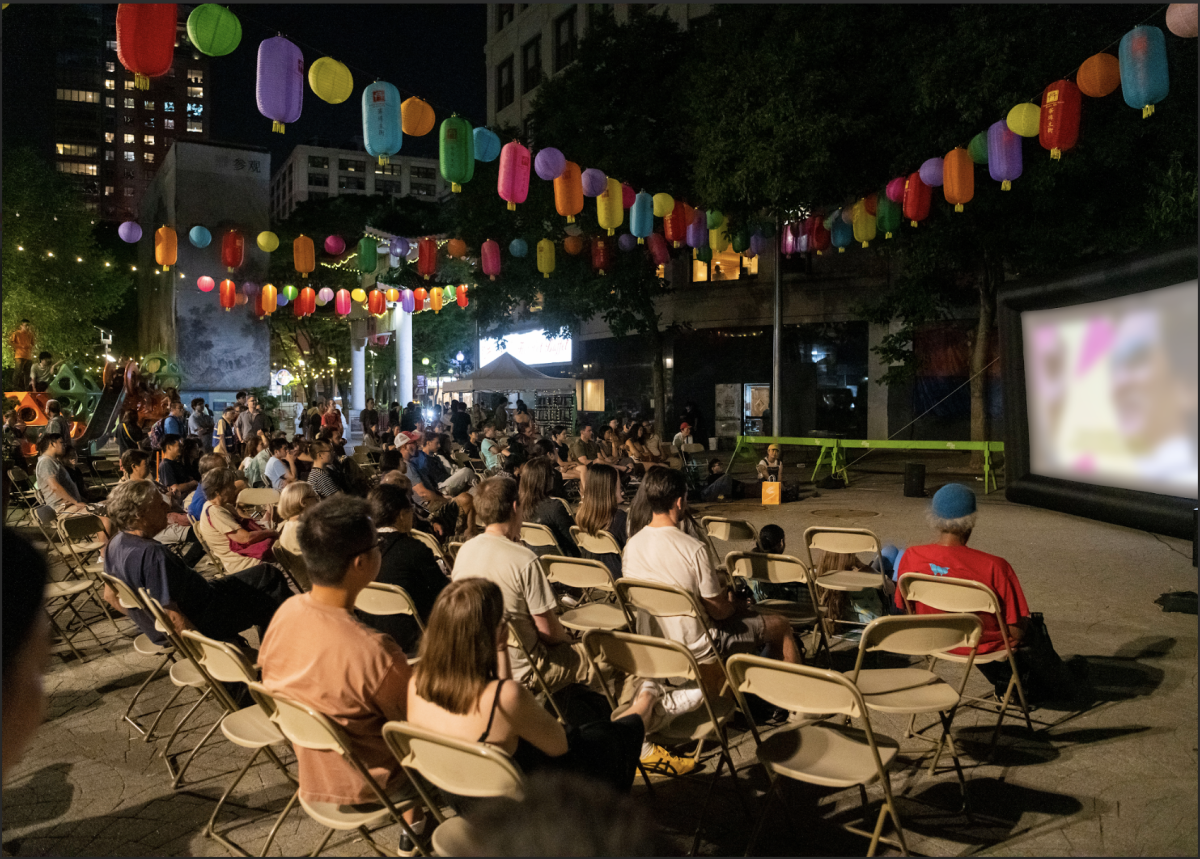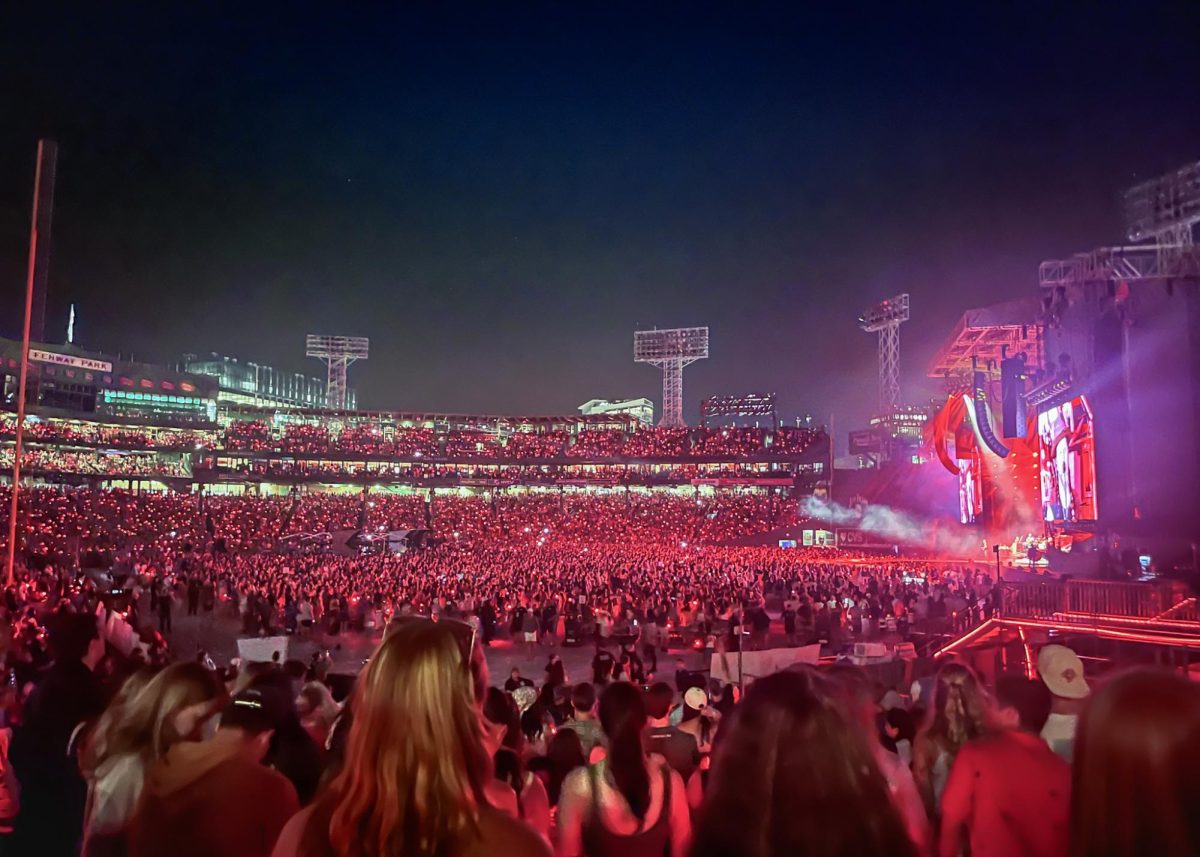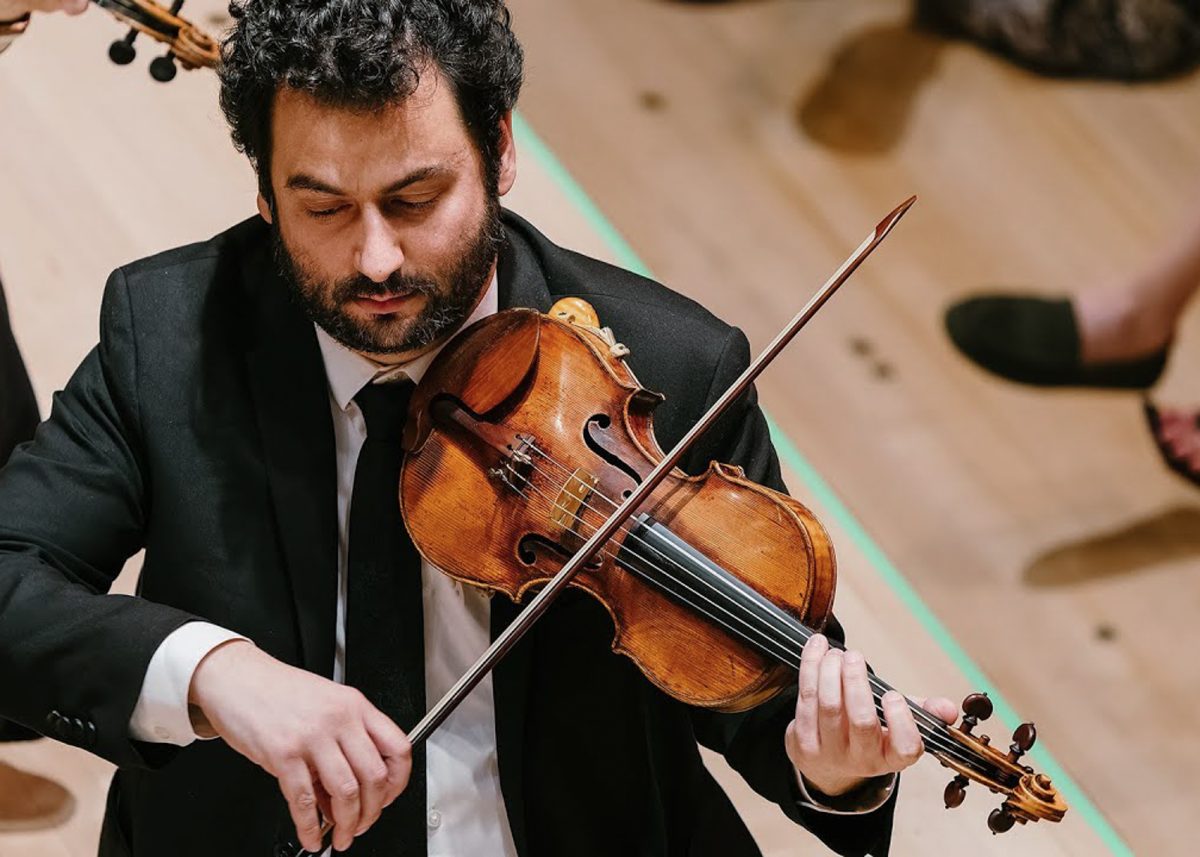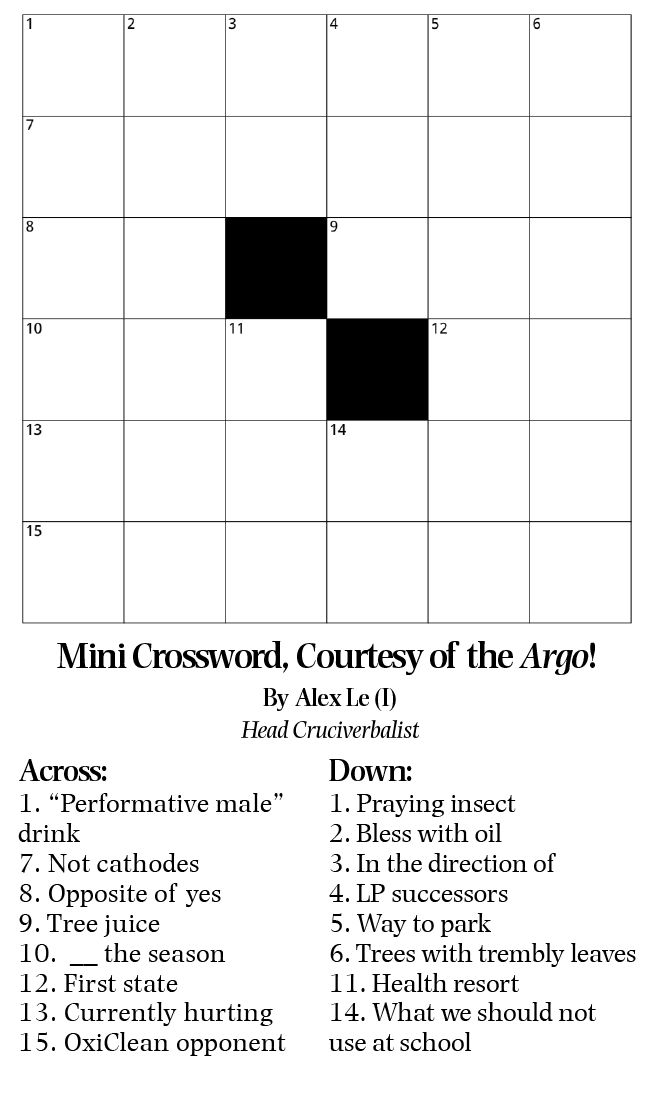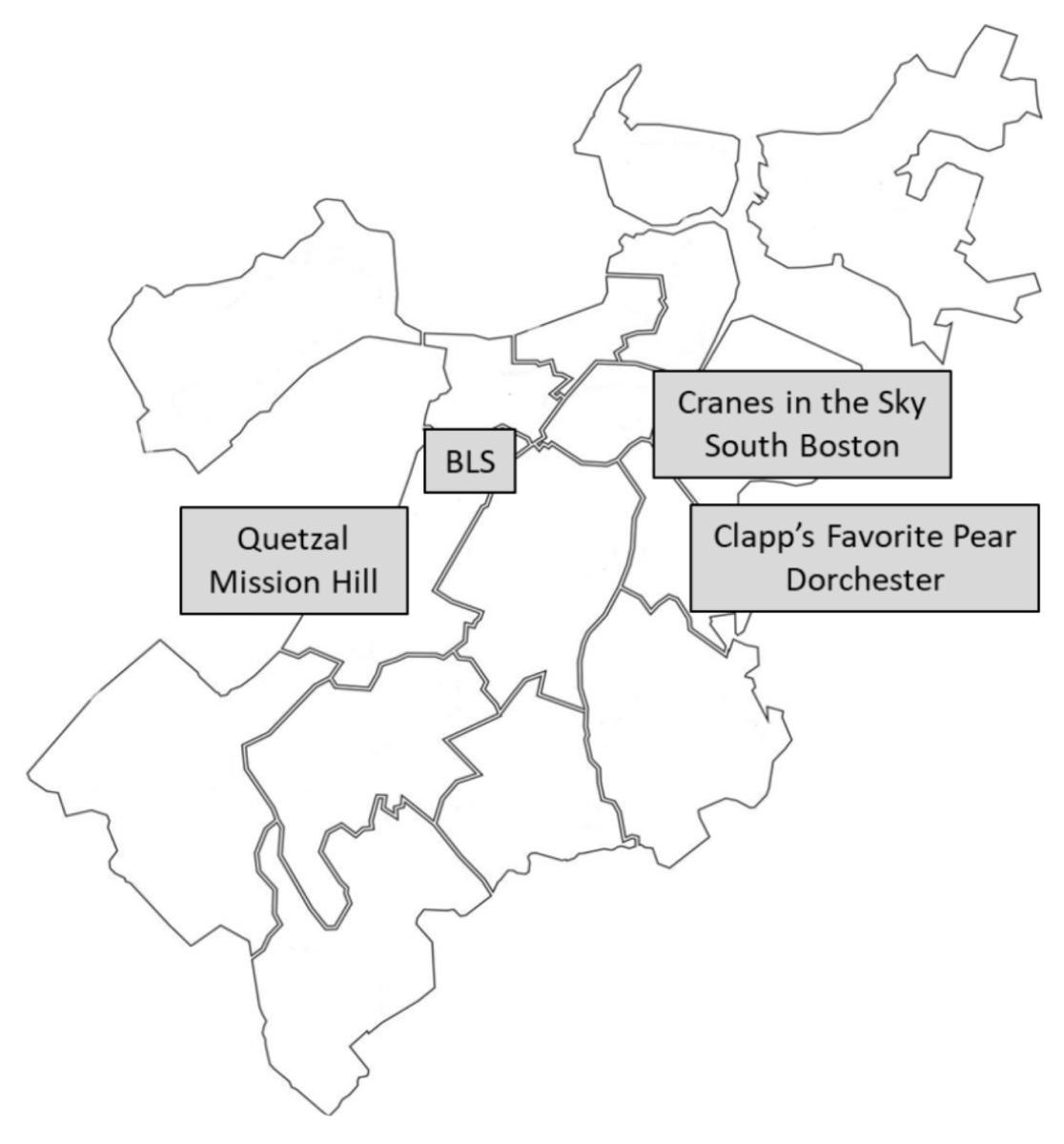On the last weekend of August, the Asian Community Development Corporation hosted Films at the Gate (FATG), their annual three-day festival featuring musical performances, interactive games and movie showings at the Chinatown gate.
With planning having started in June, the event was well-equipped for youth to take charge. Different committees such as decorations, social media and tabling consisted of student project managers and team captains.
Decorations team captain Kathrine Nguyen (II) shares, “The fact that it is a youth-led event [makes it feel] like a safe environment. You feel okay to share all your ideas. […] Although there are adults there to help us along the way with logistical things, everything else is coming from our youth.”
While the name suggests it is primarily a film festival, FATG works towards uniting the Chinatown community, which has a wide range of age groups. There were various play areas with jump ropes and hula hoops, photo opportunities and interactive art installations to appeal to such audiences. The event even held performances, notably from local martial arts academies, traditional dance and vocal groups.
“What I found really rewarding was just seeing people around engaging with our event. It [made] me feel like ‘Oh, this is really worth it,’” says Aaron Liu (II), a social media team captain.
Aside from the fun aspects of FATG, the event is also meant to bring attention to Chinatown’s history. In the 1970s, the area housed movie theaters that showcased films from China and Hong Kong, particularly martial arts films. The project managers and film curator Jean Lukitsh made sure to honor this history. This year, the event showcased Kids from Shaolin, The Young Master and Shaolin Soccer.
The event’s theme, “Tale of The Dragon: An Everlasting Story,” was meant to pay homage to the resilience of the Chinatown community. Those involved with the project were required to learn about the history of Chinatown prior to taking on their role, which included taking tours, working on projects and listening to lectures.
Zubair Hasan (I) applied this knowledge to his role as project manager, explaining, “things like urban renewal [and] construction of highway[s], cause a displaced Chinatown identity. Nowadays, Chinatown’s culture is eroding due to things like gentrification, but simple events like FATG are a way to fight back against that.”
Although FATG only takes place annually, its success echoes throughout the year. The event’s fundraising supports other youth programs in Chinatown that work toward restoring and maintaining the area’s history, as well as supporting its current residents.



